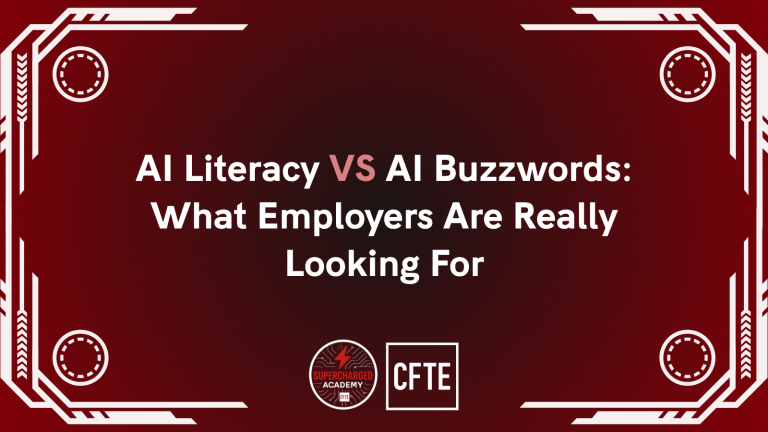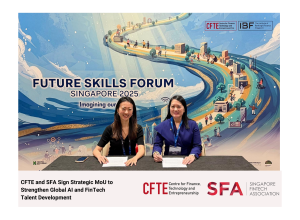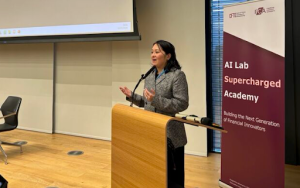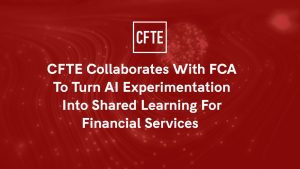“Knows how to use AI tools” “Familiar with ChatGPT” “Prompt engineering enthusiast”
These might sound impressive in a CV — but in 2025, they’re not enough. Employers aren’t just looking for professionals who’ve heard of AI. They’re looking for those who can apply it meaningfully in their role.
And that’s the difference between buzzwords and real AI fluency.
The Buzzword Trap
As AI continues to dominate headlines, many CVs have started to look the same:
- AI-curious
- ChatGPT user
- Prompt enthusiast
But hiring managers — especially in financial services — are now screening for something deeper:
- Can you demonstrate a structured understanding of how AI works?
- Have you applied AI in a business or compliance context?
- Can you speak about AI risk, bias, or governance?
If not, those buzzwords might work against you.
“The difference between talking AI and proving AI is credibility — and that’s what employers are paying for.”
Huy Nguyen Trieu - Co-founder, CFTE
What Hiring Managers Actually Want
According to LinkedIn’s 2025 AI at Work report and PwC’s AI Jobs Barometer:
- 66% of managers would not hire someone without applied AI experience
- Jobs requiring AI fluency offer up to 56% wage premiums
- The fastest-growing demand is for non-technical professionals who can use AI effectively
In short: the market doesn’t reward familiarity.
It rewards proof of fluency.
So How Do You Prove It?
This is where structured certification comes in.The Executive AI Certificate helps you:
- Move from surface knowledge to applied understanding
- Build an AI portfolio with real outputs (use cases, prompt playbooks, risk assessments)
- Get an AIQ Score to benchmark and signal your capabilities
- Earn a certificate that’s recognised by employers, banks, and regulators
This isn’t about listing AI tools.
It’s about demonstrating how you use them to solve real problems.




